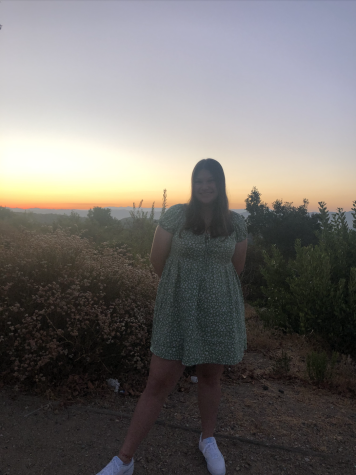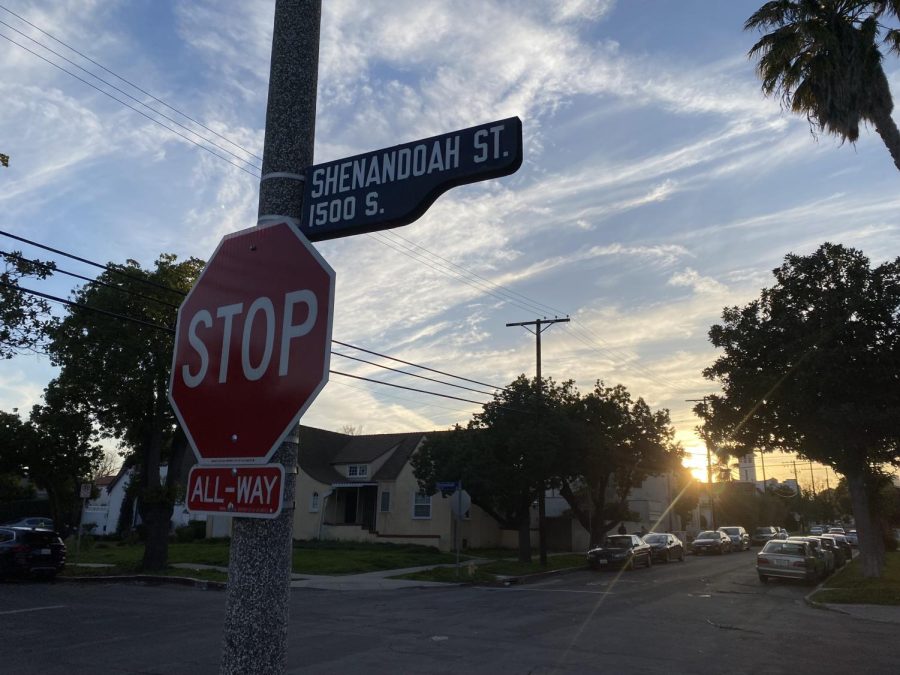Recent Antisemitic Incidents Serve as a Wake-Up Call for Milken Community
Recent shootings took place in the Pico-Robertson area, a neighborhood that is largely inhabited by Jews.
“Living Judaism fully, proudly, joyously can be an act of defiance.” Those are the words that Milken Rabbinic Head Rabbi Gordon Bernat-Kunin recently used to open his C-block class. These words struck his students, especially in light of heightened antisemitic attacks and threats.
On February 15th, a Jewish man was shot on his way home from synagogue in the Pico-Robertson area. The next day, another man was shot in the same neighborhood. Both attacks were perpetrated by the same person, who has been arrested and charged with federal hate crimes, according to the Los Angeles Times.
These shootings followed a slew of antisemitic incidents, like conspiracy theories and antisemitic rhetoric that were spread in New York City and Florida. Then, on February 25th, a white supremacist group called for a “National Day of Hate” against Jewish people on Shabbat. The Day of Hate encouraged people to commit acts of violence against Jews, and groups were expected to increase antisemitic graffiti and antisemitic flier distribution, according to the ADL. Synagogues and other Jewish organizations doubled down on security precautions, using money from their already-limited funds to brace for possible threats or attacks. Although many Jewish organizations receive funding from the government, the Anti-Defamation League (ADL), urges people to send emails to Congress via their website to increase federal support for Jewish people. These antisemitic events hit close to home in many ways for the Milken community. Many Milken students live near where the shootings occurred, and students feel threatened when going to synagogue or wearing visibly-Jewish things like a Jewish star necklace or a hamsa.
Lior Berrin ‘23, who lives a few blocks away from where the shootings occurred, walks to synagogue on Shabbat. After the violent incidents, Berrin chose not to wear his kippah, as it made him easily identifiable as a target for Jewish hate. He explained that his friends were initially wary about walking, but they never considered not going to synagogue.

When the shootings occurred, Brooke Abselet ‘23, who usually attends synagogue every week, decided not to go. Although she felt safe because of her synagogue’s security protections, she assumed that the main topic of conversation that Shabbat would be antisemitism, and that deterred her. “I don’t want to be constantly reminded that our identity is a target,” Abselet said.
The increased security presence in Pico-Robertson made it much safer to walk on Shabbat. Berrin saw mounted police patrolling his neighborhood, as well as police cars. The security shed light on a bigger problem for Jews living in Pico-Robertson. “It made me realize that I’m not that safe walking in my own neighborhood,” Berrin said. It is widely known that many Jews live in the area.
These attacks were close to home, both literally and figuratively, for students like Odelia Segev ‘23, who also lives in the neighborhood and was surprised by the shootings. Segev explained that while she understood that there has been a rise in antisemitism, “when something happens right next to your house it becomes much more real.”
Berrin agreed with this sentiment. “I always thought about these shootings happening in other places, but I never really considered that it would ever be a threat to me specifically,” Berrin said.
The increased security response at synagogues and schools is a reality that most Milken students have known for their entire lives. Berrin described synagogue security as a way to show that Jews are protecting themselves. At the same time, increased security can be a reminder that we are threatened.
These recent antisemitic incidents have been a wake-up call to the Milken community. Not only does violence harm Jews and instill fear, but it also costs resources that could be used to strengthen the Jewish community. Finding the aspects of Judaism that connect to each student is even more important in times when Judaism is targeted. Jews need to lift each other up and call on non-Jews to support the Jewish community.

Miriam Herstein, The Roar’s Deputy Editor, is a senior at Milken who has been in Journalism for two years. While she enjoys writing about student clubs,...



